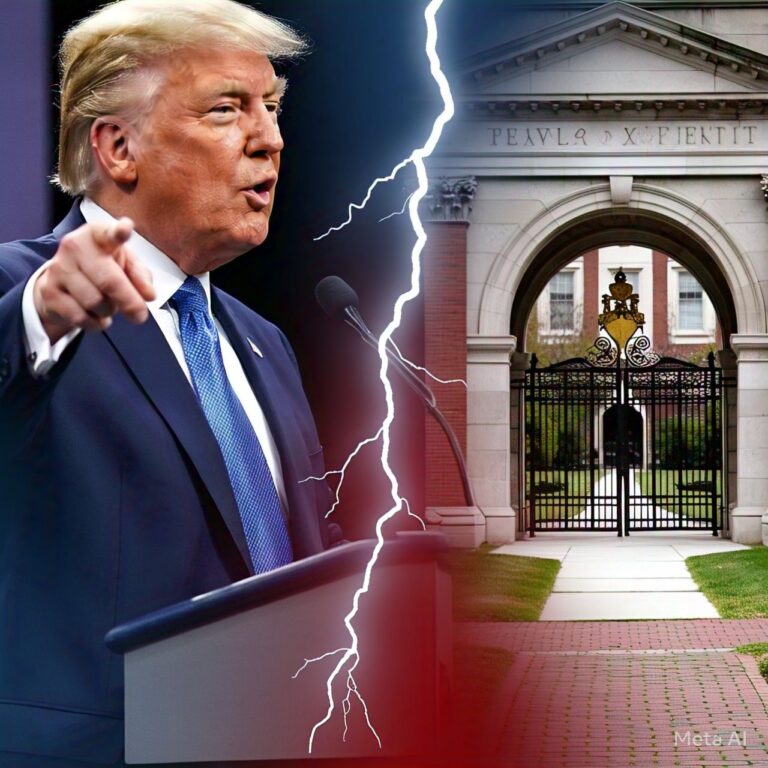Is America’s Ivory Tower under siege? Or is it just being held accountable?
I ask you: Have you ever wondered why elite universities like Harvard are suddenly embroiled in political conflict? Is it about the culture war, or is there something deeper beneath the surface?
After scouring the internet and gathering real-world insights, the Bhussan.com team has shared this friendly, helpful article to help you navigate the most explosive front in America’s ideological struggle: the Trump-Harvard conflict – or, as it’s known in policy circles, the Trump-Harvard higher education conflict.
Setting the Stage: Why Harvard Matters in American Politics🏛️
Harvard isn’t just another university. It’s a symbol of prestige, power, and progressivism. For decades, it’s been the dream of ambitious students and a powerhouse of elite influence.
But here’s the twist: In recent years, Harvard has come to represent everything that many conservatives, especially under Trump, stand against.
Why? Let’s break it down:
-
Elite Gatekeeping: Many conservatives argue that Harvard and its peers represent a closed club that favors liberal worldviews and policies.
-
DEI Initiatives: Diversity, Equity, and Inclusion programs are seen by critics as thinly veiled ideological indoctrination.
-
Cultural Power: Universities shape the future. Whoever controls the classroom controls the next generation.

The Catalyst: Trump and the Affirmative Action Verdict🚨
The tension exploded with the Supreme Court case Students for Fair Admissions v. Harvard. Though not filed by Trump, it found vocal support from the Trump-aligned conservative legal ecosystem.
What was at stake?
-
The case challenged Harvard’s race-conscious admissions, claiming it discriminated against Asian-American students.
-
In 2023, the Supreme Court struck down affirmative action, marking a huge win for conservatives.
Trump celebrated the decision as a blow to woke ideology and a triumph for merit-based success.
“This is a great day for America. No more discrimination in the name of diversity,” he said during a campaign rally.
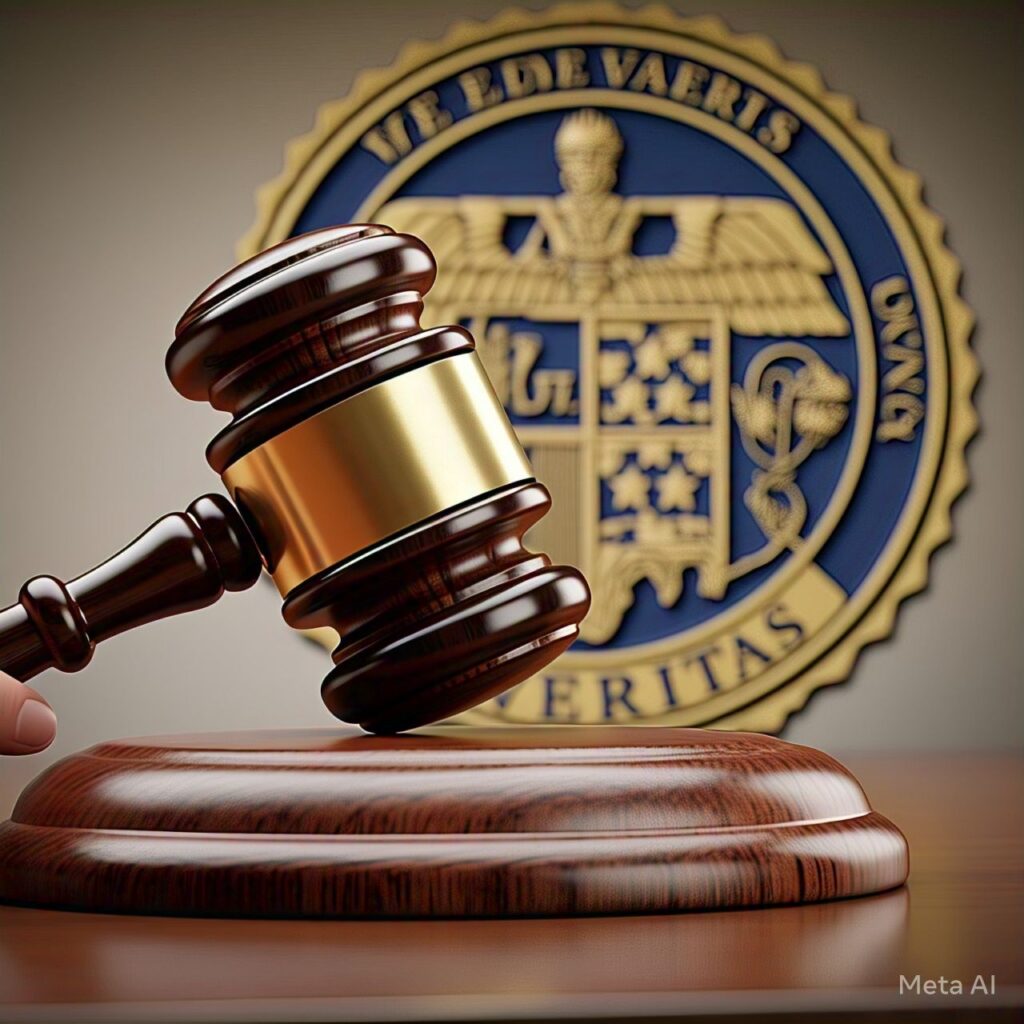
A Legal & Political Battlefield: How the Fight Expanded⚖️
It didn’t stop with affirmative action.
Trump and his allies have pushed broader efforts to:
-
Investigate and defund DEI programs at universities
-
Demand transparency in admissions and hiring
-
Accuse elite schools of antisemitism, anti-conservative bias, and ideological suppression
Several GOP-led states are now passing legislation modeled on Trump-era policies to restrict campus ideologies.
This is where it becomes a culture war and not just a policy debate — at the heart of the Trump Harvard higher education conflict.
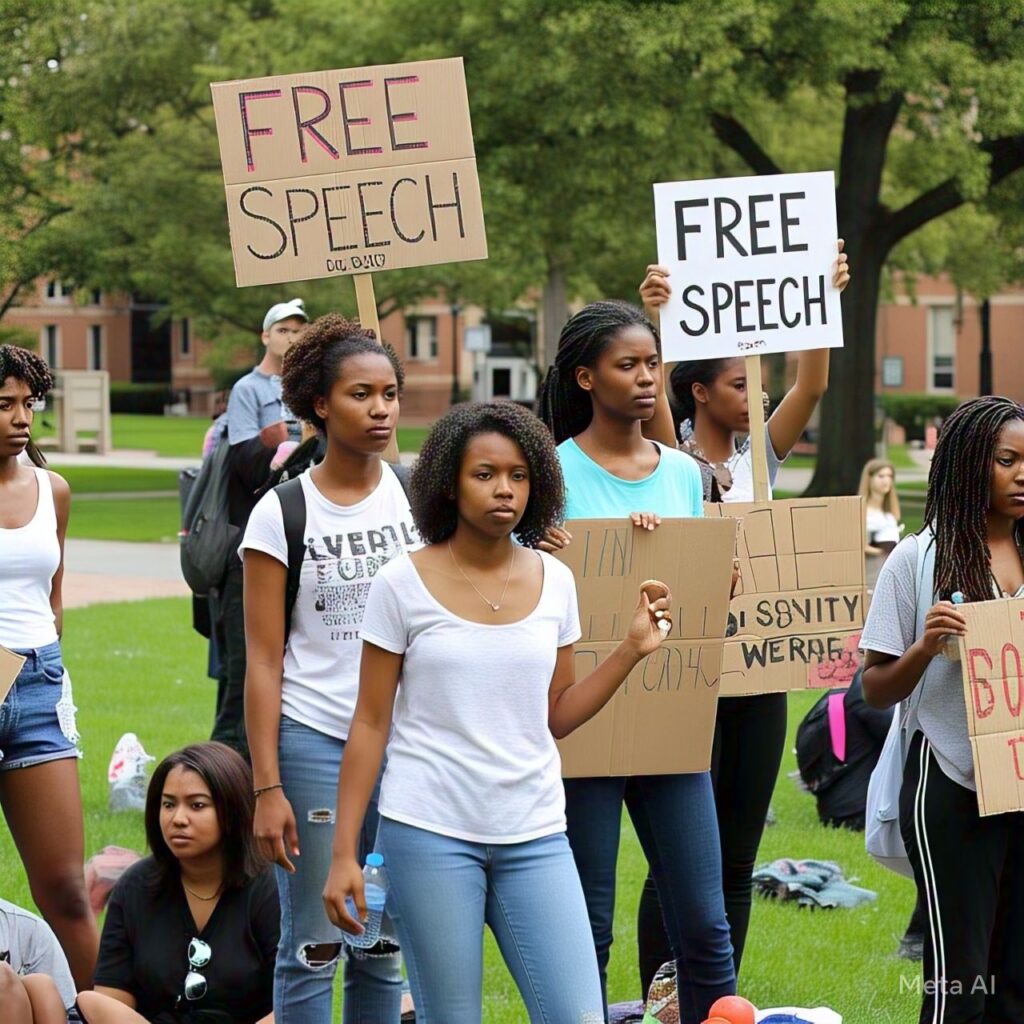
What Conservatives Say vs. What Academia Says🤔
Here’s a breakdown of the arguments:
| Conservative Arguments | Academic Defenses |
|---|---|
| Elite schools are biased against conservatives | We support diverse viewpoints and critical thinking |
| DEI is political indoctrination | DEI promotes equity and access |
| Universities are hostile to free speech | We encourage open dialogue and learning |
| Tenure protects ideological monopoly | Tenure ensures academic freedom |
The Trump-Harvard conflict becomes a mirror reflecting America’s deeper polarization.
The Roots of the Conservative War on Academia📚
This conflict isn’t new. In fact, the Republican crusade against higher education dates back decades.
-
In the 1960s, conservatives pushed back against the rise of liberal professors.
-
In the 1980s, Reagan-era think tanks like the Heritage Foundation began criticizing campus culture.
-
By the 2000s, Fox News regularly portrayed universities as “leftist factories.”
Trump supercharged these narratives, calling out universities for being “radical indoctrination centers.”
The shift?
-
From rhetoric to policy and litigation.

Trump’s Personal Grudge Against Ivy League Elites🧾
Though Trump himself graduated from the University of Pennsylvania, he’s always had a complex relationship with elite institutions.
He frequently:
-
Mock their perceived arrogance
-
Calls out their liberal bias
-
Criticizes their influence over the government and the media
“They think they know everything because they went to Harvard. But look where it’s gotten us.” — Trump at CPAC 2024
Many believe this personal resentment fuels his policies targeting schools like Harvard.
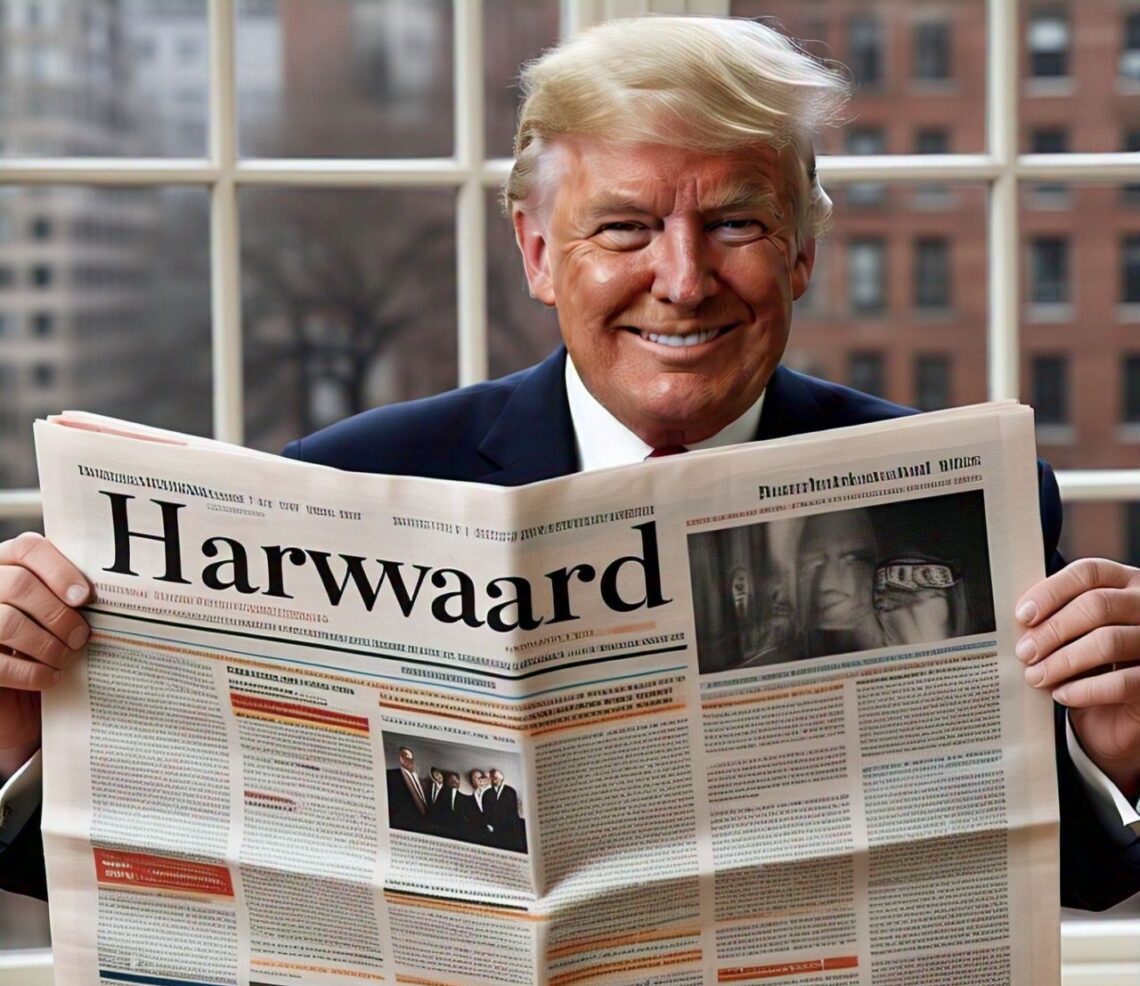
Voices from the Frontlines: What Students and Faculty Say🧑🎓
Harvard Student — A Senior’s View:
“There’s definitely more pressure now to stay quiet if you’re conservative. But there’s also a stronger conservative voice pushing back.”
Conservative Professor at a State School:
“It’s not about free speech. It’s about control. Politicians want to dictate what we can teach and how we think.”
Harvard Alumni Association Member:
“This university has stood for academic excellence for centuries. We’re not about to let political intimidation change that.”
How State Legislatures Are Joining the Fight🏛️
Across the country, Republican-controlled states are:
-
Banning DEI offices on public university campuses
-
Rewriting the curriculum to exclude “woke” ideology
-
Investigating professors for political activity
-
Tying state funding to compliance with new laws
Florida, Texas, and Oklahoma are leading this charge.
These actions often echo Trump’s rhetoric directly, showing how deeply his influence has spread across the Trump-Harvard higher education conflict.
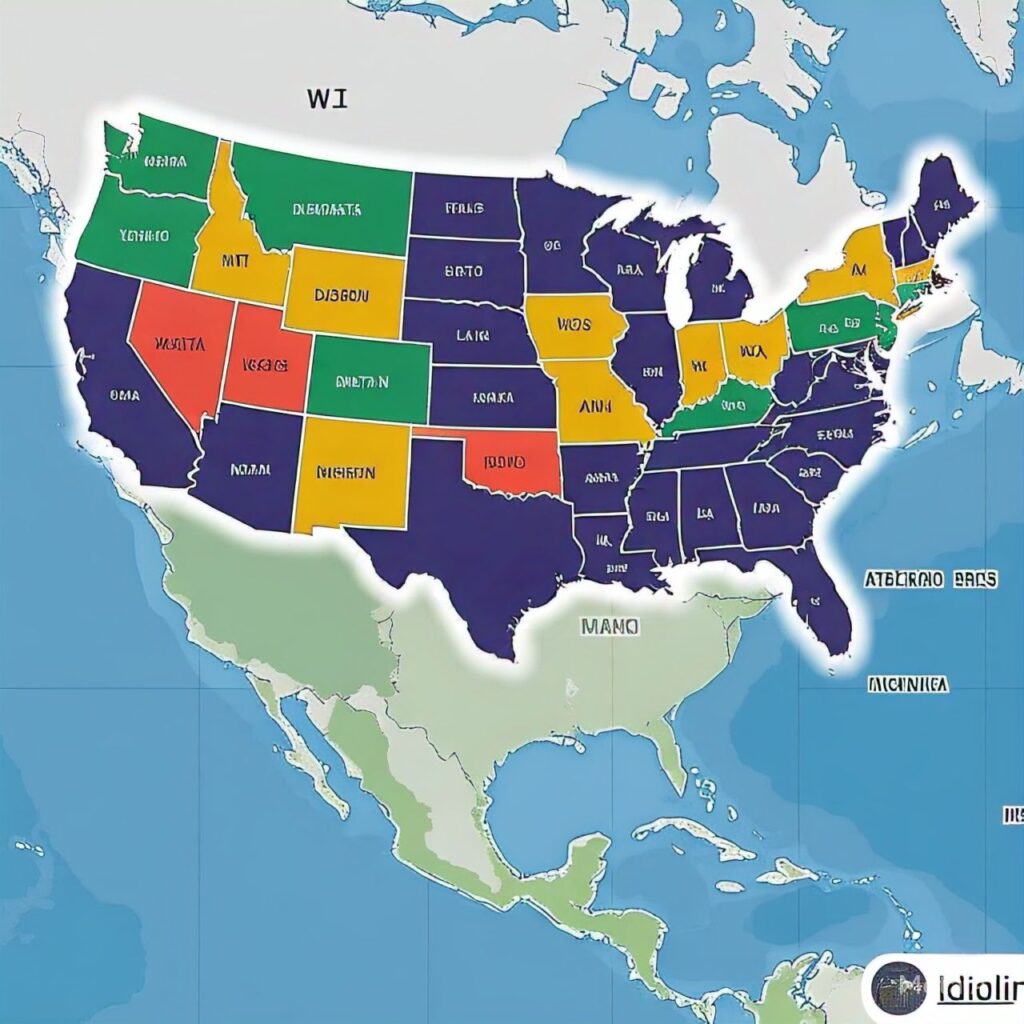
Implications: What This Means for Higher Ed’s Future📉
-
Faculty may self-censor, fearing backlash or legal trouble.
-
Students might avoid tough debates to protect themselves.
-
Admissions and curriculum could shift drastically.
-
America’s global academic standing may decline.
The culture war risks turning campuses into battlegrounds rather than spaces of growth.
But it also opens new conversations about bias, equity, and access.
Pros & Cons Table: Trump’s Battle with Higher Ed✅
| Pros | Cons |
|---|---|
| Push for transparency in admissions | Politicization of academia |
| Spotlight on potential bias in hiring and curriculum | Chilling effect on academic freedom |
| Reduces taxpayer funding for ideology-driven programs | DEI dismantling may hurt marginalized groups |
| Challenging elite dominance in shaping culture | Undermines trust in institutions |
FAQs About the Trump-Harvard Conflict❓
Q1: Is Trump directly suing Harvard?
A: No, but his allies and policies influence many legal battles involving higher education, including support for cases like Students for Fair Admissions.
Q2: What did the Supreme Court decide about Harvard?
A: In 2023, the Court struck down race-based affirmative action in college admissions, siding with conservative groups.
Q3: Why is DEI under attack?
A: Critics argue it enforces ideological conformity, while supporters say it promotes inclusion and equity.
Q4: What states have passed anti-DEI laws?
A: Florida, Texas, Oklahoma, and others have passed laws limiting or banning DEI programs at public universities.
Q5: Are conservative students silenced at Harvard?
A: Some say yes due to peer pressure, while others note that conservative student groups are more active than ever.
Conclusion: The Future of Universities in a Divided America🧭
So, what’s next?
The Trump-Harvard conflict is about more than two names. It’s the flashpoint of a much bigger struggle for the soul of American education.
Whether you’re a student, parent, educator, or just a curious citizen, this issue touches you.
Universities are where the next generation is shaped. Who controls that space matters.
Let’s keep the dialogue alive — not just in classrooms, but in communities, policies, and hearts.
👉 Do you have any feedback? Share this article and keep the conversation going. And don’t forget to bookmark Bhussan.com to learn more about the stories that shape our world.

